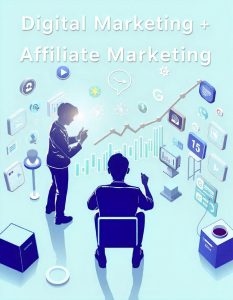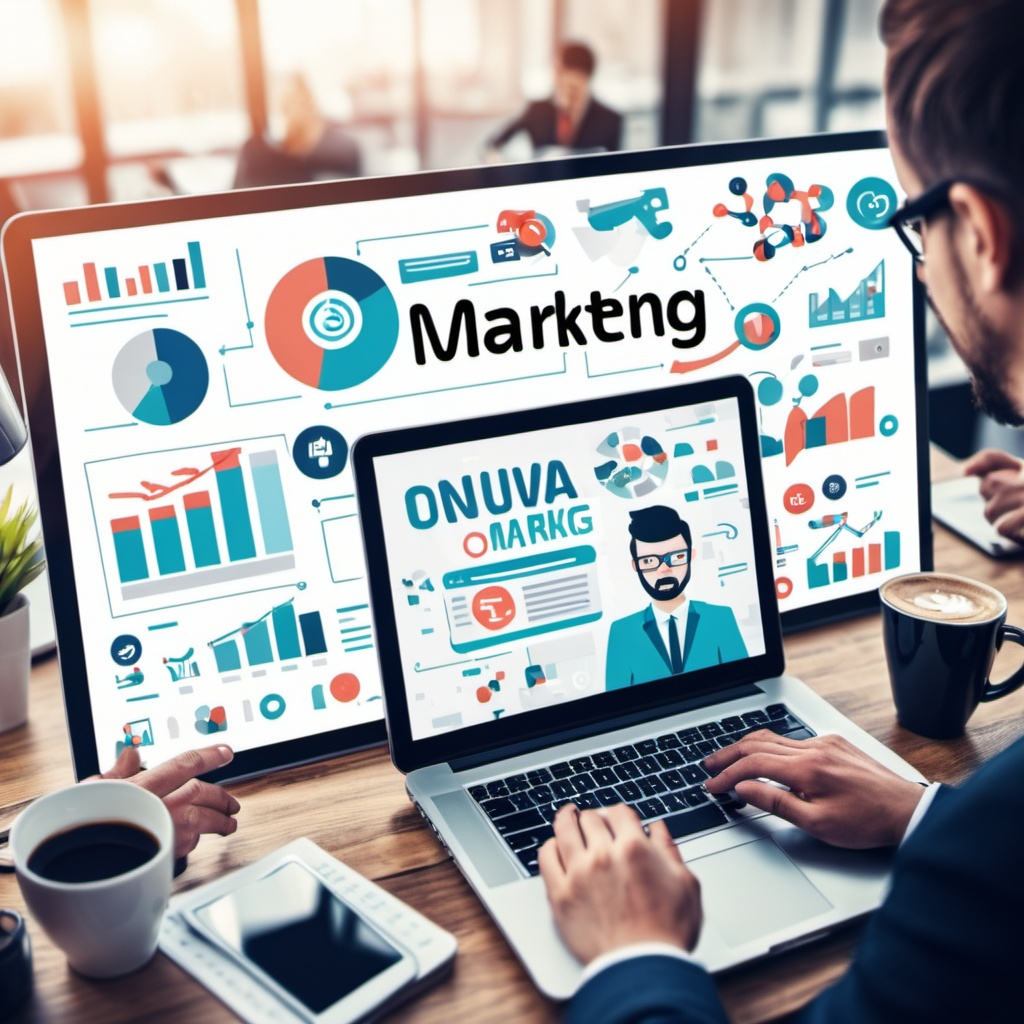How Digital Marketing is Adding Value to the Business
Introduction
Advanced promoting alludes to the utilization of online stages and innovations to advance items, administrations, or brands. It envelops a wide extend of techniques, including social media promoting, search engine optimization (SEO), e-mail showcasing, content promoting, and pay-per-click (PPC) promoting. Not at all like conventional showcasing, which depends on strategies like print advertisements and bulletins, computerized promoting permits businesses to reach a worldwide gathering of people through the web.
How is advanced promoting improving client engagement?
Advanced promoting altogether boosts client engagement by encouraging coordinated and persistent communication between businesses and their gatherings of people. Through social media stages, mail bulletins, and personalized substance, businesses can associate with clients on a more individual level. This coordinated engagement cultivates more grounded connections, builds belief, and empowers brand dependability. Clients who feel esteemed and listened to are more likely to remain faithful to a brand and suggest it to others, in this manner driving long-term trade development.
Information is the spine of advanced promotion, empowering businesses to create educated choices and optimize their procedures. Each online interaction creates information, from site visits and social media likes to e-mail open rates and online buys. This information gives profitable experiences into client behavior, inclinations, and patterns. By analyzing this data, businesses can tailor their promoting endeavors to meet the particular needs of their gathering of people, coming about in more compelling campaigns and superior ROI.
How does advanced promoting offer assistance in building brand mindfulness?
Computerized showcasing is instrumental in building and keeping up brand mindfulness. Through steady and focused online nearness, businesses can set up themselves as pioneers in their industry. Substance promoting, for case, permits businesses to share important data that teaches and locks in their gathering of people, situating the brand as a trusted specialist. Social media stages increase this impact by empowering businesses to reach a more extensive group of onlookers, expanding perceivability and acknowledgment. As more individuals gotten to be recognizable with a brand, beliefs develop, driving them to higher client maintenance and devotion.

What are the fetched benefits of advanced promoting?
One of the foremost noteworthy points of interest in advanced promotion is its cost-effectiveness. Conventional promoting strategies, such as TV advertisements or print campaigns, can be costly and may not continuously provide the required support. In differentiation, computerized showcasing offers an assortment of budget-friendly choices, such as PPC publicizing, social media advertisements, and mail showcasing. These strategies permit businesses to reach their target group of onlookers with exactness, guaranteeing that promoting budgets are going through proficiently. In addition, the capacity to track and degree the victory of computerized campaigns in real-time permits businesses to optimize their techniques and maximize ROI, guaranteeing that each dollar contributed contributes to trade development.
How does advanced showcasing extend advertising reach?
Computerized showcasing breaks down geological obstructions, permitting businesses to reach clients around the world. Whether through SEO, social media, or email campaigns, businesses can interface with potential customers different districts, growing their advertising reach. This can be especially advantageous for little businesses or new companies looking to develop rapidly. By tapping into worldwide markets, businesses can increment their client base and income streams, driving noteworthy development.
What affect does personalization have in advanced showcasing?
Personalization could be a key driver of esteem in computerized showcasing. By leveraging information, businesses can make personalized encounters for their clients, from custom-made item suggestions to customized e-mail substance. This level of personalization upgrades the client involvement, making clients feel caught on and esteemed. In turn, personalized promoting campaigns tend to have higher engagement rates, driving expanded deals and client fulfillment. As a result, businesses that exceed expectations in personalization can appreciate a competitive edge within the showcase.
How does computerized showcasing offer assistance to businesses to remain competitive?
In today’s quickly changing advertising, remaining competitive is basic for trade victory. Computerized promoting permits businesses to remain spry and react rapidly to advertise patterns and shopper behavior changes. Whether it’s receiving unused advances, investigating imaginative substance designs, or optimizing existing procedures, advanced showcasing keeps businesses at the bleeding edge of their industry.
Conclusion
Advanced promoting includes gigantic esteem to businesses by improving client engagement, building brand mindfulness, growing advertising reach, and driving taken a toll proficiency. By leveraging information for personalized encounters and remaining competitive through spry techniques, advanced showcasing guarantees that businesses can flourish in a progressively computerized world. The address isn’t whether to invest in digital promoting, but maybe, how viably you can utilize it to open your business’s full potential.









